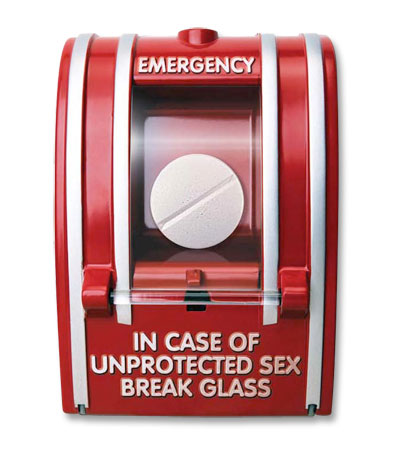 http://www.lossless-music.com/rock/427-the-ark-in-lust-we-trust-flac.htmlThere are 237 reasons why people have sex, according to a 2007 research study about college students in Austin, TX. That is a lot of reasons for sex, and way beyond the “typical” reasons related to stress reduction, experiencing pleasure, expressing affection, obligation, or to have a baby. This shows us that sex and sexuality are more complicated than we may think (e.g., some unexpected reasons for sex were revenge, being dared, to feel powerful, to keep warm, to get a promotion, to be nice, to get gifts, and to burn calories).
http://www.lossless-music.com/rock/427-the-ark-in-lust-we-trust-flac.htmlThere are 237 reasons why people have sex, according to a 2007 research study about college students in Austin, TX. That is a lot of reasons for sex, and way beyond the “typical” reasons related to stress reduction, experiencing pleasure, expressing affection, obligation, or to have a baby. This shows us that sex and sexuality are more complicated than we may think (e.g., some unexpected reasons for sex were revenge, being dared, to feel powerful, to keep warm, to get a promotion, to be nice, to get gifts, and to burn calories).
Last week I was in Sweden and presented an interactive lecture called “What is Sexuality?” at Lund University. Lund University was founded in 1666 and through its academic reputation attracts not just Swedish students, but an international student body. Projekt Sex, a sexual health peer education student group, known for their “condom raids” at college parties, arranged my visit to the university.
Of all places to speak about sex and sexuality, the Swedes really seem to have their shit together. They have one of the most open, educational approaches to sex that I’ve seen, and are quite egalitarian regarding gender roles (although racial topics may be a different story). Casual sex is largely an accepted norm. Virginity is not a big deal, nor is marriage. I am generalizing, but compared to the United States, these differences really stood out. Additionally, they have much lower rates of teen pregnancies and sexually transmitted infections.
The audience for my lecture included individuals representing 10 different countries, including Germany, Turkey, the UK, and the Netherlands, as well as Sweden and the United States. I presented the concept of sexuality as a journey, and whether we grew up in a sexually permissive or a sexually restrictive society, we all have our unique journey around sexuality. In this journey, I included developing knowledge and comfort around a variety of topics, such as sexual anatomy, vulnerability, masturbation, liking your body, self-expression, birth control, presence, healing sexual trauma, orgasm, and creativity. There is no end goal for this journey, just continuing personal growth on the path of satisfaction and joy.
This approach to sexuality, as a personal journey located within a cultural context, seemed to resonate with the audience. A man from Iran realized that he had learned a lot about preventing sexually transmitted infections, but not about the emotional components of sex. A woman from the UK shared that sexual expression for her was about asking for what she wanted, and also asking for what she did not want. A Swedish man and a Chinese man recognized how vastly different their cultural upbringings were regarding sexual topics.
Sex and sexuality are sensitive topics in most, if not all, cultures. The meaning they have is shaped by our cultural upbringing, but being exposed to other cultures, and therefore other viewpoints, can help us expand our knowledge and comfort around sexual topics. This sexual journey helps us know ourselves better and also provides a window into better understanding the meaning of sex for our partners. This can help make sex a little less complicated, which means better sex for all.
(This was originally posted as part of the Sex & Love Blog for Pacific San Diego Magazine.)
~Dr. Jenn Gunsaullus, San Diego, CA -- Sex Therapist, Marriage Counselor, Sexologist, College Sexual Health Speaker














































